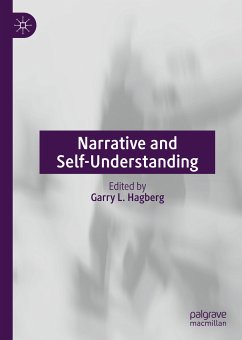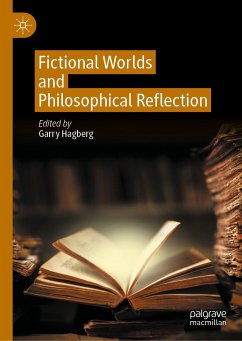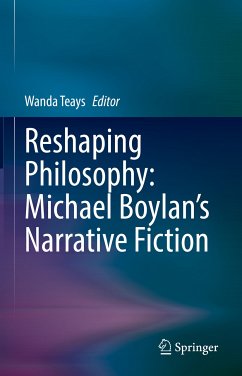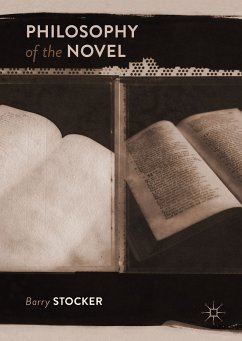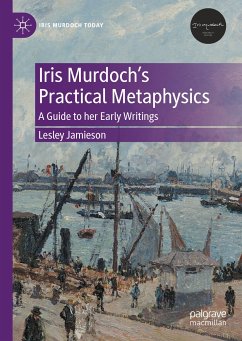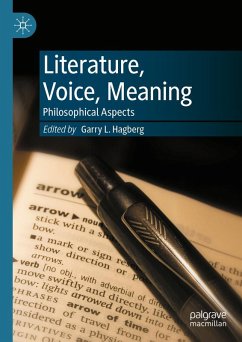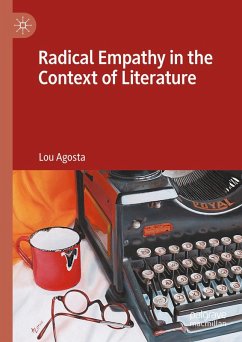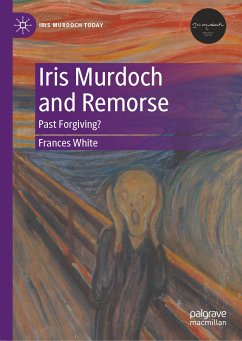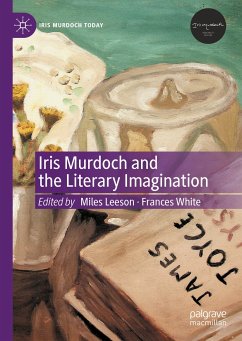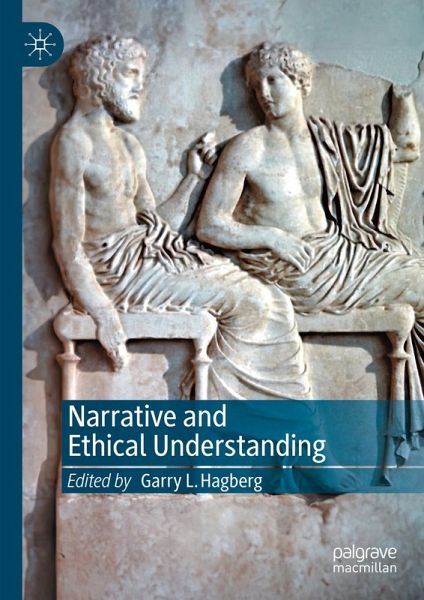
Narrative and Ethical Understanding (eBook, PDF)
Versandkostenfrei!
Sofort per Download lieferbar
120,95 €
inkl. MwSt.
Weitere Ausgaben:

PAYBACK Punkte
60 °P sammeln!
There has been a steady stream of articles written on the relations between ethics and the interpretation of literature, but there remains a need for a book that both introduces and significantly contributes to the field - particularly one that shows how we can think more openly and creatively about the multiform powers of ethical narrative by considering ethically significant literature.This volume offers an analytically acute and culturally rich way of understanding how it is that we can productively think philosophically about the narrative structures that describe our ethical lives and wha...
There has been a steady stream of articles written on the relations between ethics and the interpretation of literature, but there remains a need for a book that both introduces and significantly contributes to the field - particularly one that shows how we can think more openly and creatively about the multiform powers of ethical narrative by considering ethically significant literature.
This volume offers an analytically acute and culturally rich way of understanding how it is that we can productively think philosophically about the narrative structures that describe our ethical lives and what kind of distinctive conceptual, and in some cases personal, progress we can make by doing so. Given the extremely widespread interest in ethical issues, this volume will strike resonant chords far and wide on arrival, while offering something new in bringing together the study of long-form narrative, the language of moral psychology, and detailed literary case studies.
Given the vast expansion of narrative studies in recent years, the time for just such a volume is right.
This volume offers an analytically acute and culturally rich way of understanding how it is that we can productively think philosophically about the narrative structures that describe our ethical lives and what kind of distinctive conceptual, and in some cases personal, progress we can make by doing so. Given the extremely widespread interest in ethical issues, this volume will strike resonant chords far and wide on arrival, while offering something new in bringing together the study of long-form narrative, the language of moral psychology, and detailed literary case studies.
Given the vast expansion of narrative studies in recent years, the time for just such a volume is right.
Dieser Download kann aus rechtlichen Gründen nur mit Rechnungsadresse in A, B, BG, CY, CZ, D, DK, EW, E, FIN, F, GR, HR, H, IRL, I, LT, L, LR, M, NL, PL, P, R, S, SLO, SK ausgeliefert werden.



